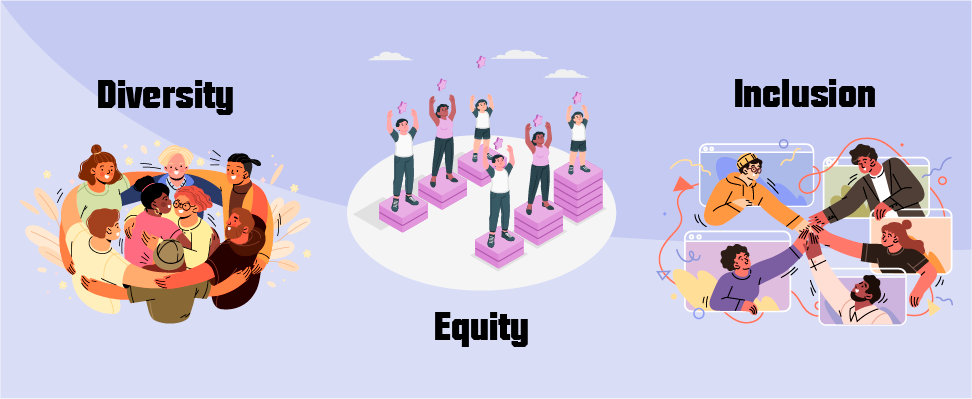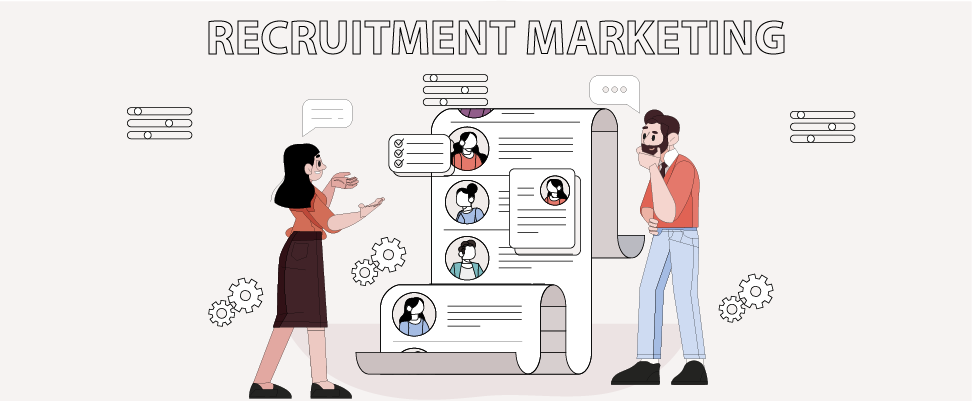Table of Contents
ToggleIntroduction

Don't miss out on your chance to work with the best
Apply for top global job opportunities today!
Top 20 Recruiting Trends for 2024
1. AI-Powered Recruiting

Artificial intelligence (AI) is poised to significantly impact hiring, with 62% of hiring professionals expressing optimism about its potential, according to LinkedIn’s The Future of Recruiting 2024. Recruiters using generative AI tools reported that the top three benefits include easier and faster job description writing, task automation that allows more time for fulfilling work, and the elimination of daily mundane tasks.
2. Skills-based Hiring

Skills-based hiring is expected to gain traction in 2024, with companies using AI and modern technology alongside human experience to evaluate candidates based on their capacity to learn and acquire new skills, rather than traditional criteria such as past education, job titles, or work experience.
3. Employee Retention through Career Development

Employee retention through career development and internal mobility will be a primary focus for employers in 2024. To succeed in the talent war, companies will concentrate on building internal talent pools and creating methods to identify and enhance transferable skills through skills-based technology and career development coaching. As the skills required for many jobs will change by at least 65% by 2030, adopting a skills-first mindset will be crucial for developing a future-ready workforce.
4. Quality of Hire

5. Empathy

6. Emphasis on Employer Branding

A strong employer brand is crucial in attracting top talent. Companies are investing more in their online presence, showcasing their culture, values, and employee experiences through social media, career sites, and employer review platforms like Glassdoor.
7. Remote and Hybrid Work Models

8. Diversity, Equity, and Inclusion (DEI)

9. Candidate Experience

10. Upskilling and Reskilling

11. Gig Economy and Freelancers

12. Data-Driven Recruiting

13. Employee Referrals

14. Video Interviewing

15. Focus on Soft Skills

16. Talent Pools and Pipelines

17. Recruitment Marketing

18. Automation of Administrative Tasks

19. Virtual Career Fairs

20. Mobile Recruiting

Conclusion
Take control of your career and land your dream job
Sign up with us now and start applying for the best opportunities!

FAQs
In 2024, key hiring trends include increased focus on remote work flexibility, advanced use of AI in recruitment processes, and a heightened emphasis on diversity, equity, and inclusion (DEI) initiatives.
Organizations can stay competitive by offering attractive benefits like flexible work schedules, prioritizing DEI efforts, and leveraging data analytics for informed decision-making in recruitment.
Technology, such as AI-powered applicant tracking systems and virtual interviewing tools, streamlines recruitment processes, enhances candidate experience, and improves hiring outcomes.
Employer branding is crucial as it helps organizations differentiate themselves, attract top talent, and retain employees who align with their values and culture.
Organizations can ensure inclusivity by adopting bias-free hiring practices, diversifying candidate sourcing channels, and implementing structured interview processes to mitigate unconscious bias.
Global trends in talent acquisition include cross-border recruitment strategies, remote hiring capabilities, and leveraging data analytics to identify and attract talent from diverse geographical locations.

